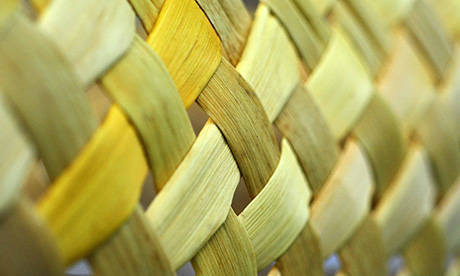A church that listens to and engages with the universe, with te ao Māori, with women, young people and LGBTQI is the dream of a group of laypeople who are planning an online synod in August.
The group, which is part of Be the Change Aotearoa New Zealand, is inspired by the concept of Te Whāriki, or the ‘woven mat’. Its purpose is to reflect on the interconnectedness of each strand of church and society with the ecological crisis which highlights the ever more craven workings of western capitalism.
The group of Auckland, Hamilton and Wellington people see their kaupapa as focusing on who we are as people of Aotearoa, how we have developed and maintained good relationships between our people, and how we ensure our mission integrates with God’s mission so that our work is relevant to the wider human community and aligned with the way the natural world operates.
Decolonisation of Aotearoa is paramount, with its call to take responsibility for action for change framed by the unique relationship between Tangata Whenua and Tangata Tiriti – the place and the people.
This call to action is a refocus on prioritising right relationships with the rest of the natural world.
Last year’s Intergovernmental Panel on Climate Change (IPCC) reported unprecedented widespread, rapid and intensifying changes in climate, some of which cannot be changed. But by limiting warming through immediate rapid and large-scale reductions in greenhouse gas emissions, some changes could be slowed and others stopped.
In reflecting on these matters, we realise the importance of bringing ourselves and our beliefs as church into the wider community and to making timely and relevant applications to the way we plan and organise governance action at all levels in the shared public space across those communities.
This will be something very new for the Catholic Church in Aotearoa.
We want to ensure that as a lay-led initiative, laypeople can own it and shape it as we go forward. We plan an initial webinar that will explore the direction of this initiative overall and provide a taster of the three proposed work streams: Ending decolonisation in Aotearoa, Our care for the earth and other parts of the natural world and Practising relational governance.
These workstreams will probably take place on different days which, through smart use of technology, means that the overall length of the programme can be adjusted to fit everybody’s needs.
The planning group welcomes any expressions of interest at this stage in the development of our lay-led initiative.
Source
- Supplied by: Christina Reymer, Mary Thorne, Cecily McNeill, Anton Hikairo Spellman
